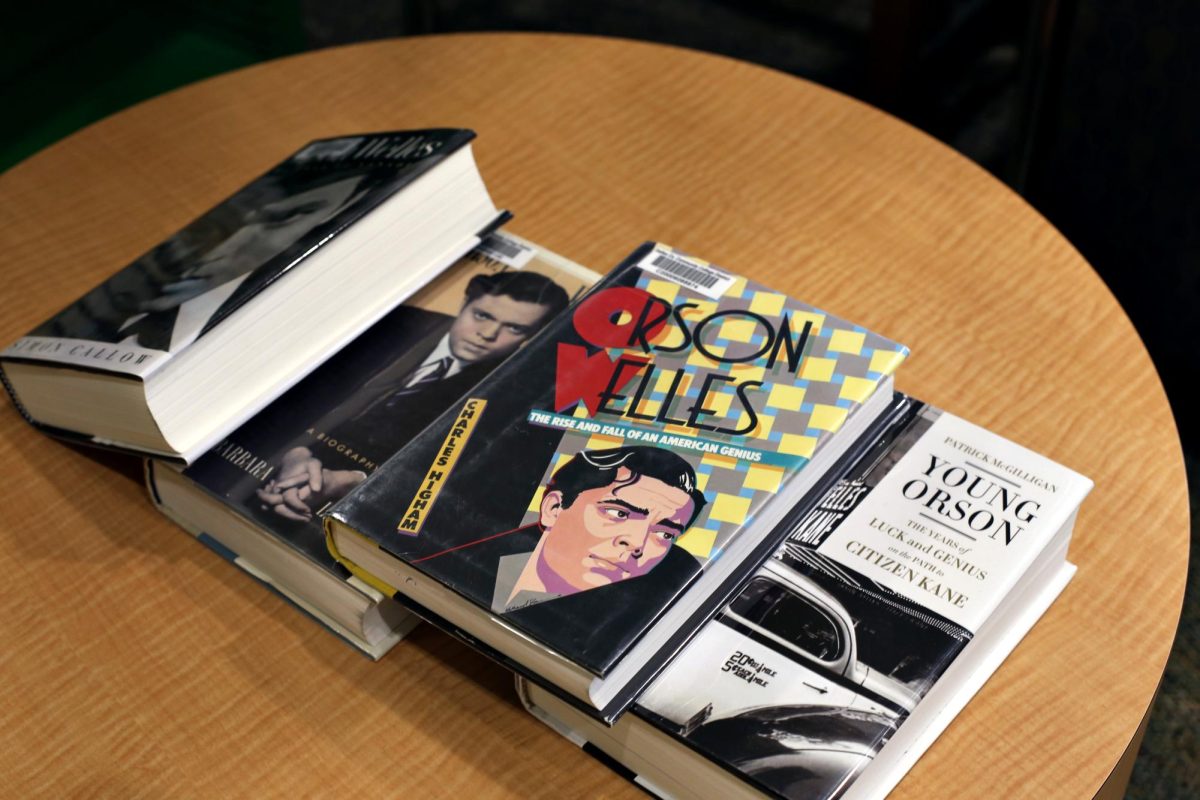One of the busiest radio actors in 1937, Orson Welles was already creating a name for himself in Broadway with his Mercury Theatre crew. So much so that in the following year CBS Radio Network decided to offer Welles a weekly radio show, which went by the name of “The Mercury Theatre on the Air.” It was theater over the radio.
It was on Halloween in 1938, when they put on a show so good it would go down as one of the most famous broadcasts in radio history.
The broadcast was called “War of the Worlds.” Orson Welles wanted to adapt H. G. Wells’ 1898 novel of the same name into a theatrical performance. With voice work from the Mercury Company, Welles directed and narrated the invasion of an extraterrestrial race from Mars on humankind.
This caused a mass panic in 1938, as listeners believed what they were hearing was real. Talk about winning the Halloween contest for being the scariest. No one has been able to top that .
I recently listened to the “War of the Worlds” broadcast, and, wow, what a charming event from the past to experience. I heard of the movies and the culture surrounding this historical event but never really took a deep dive into how it became so renowned.
Honestly, when I heard the broadcast in its entirety, it came off as a regular entertainment broadcast or form of media. I used to tune into a podcast called “Welcome to Night Vale,” which has a theatrical format.
The characters in the podcast work at a radio station in the city of Night Vale and talk about things that happen around their town. This type of media is really fun, so I’m not surprised these theater radio broadcasts were a thing even in 1938.
However, I was surprised at the magnitude of the reaction to “War of the Worlds.”
A few times, the station did explain the show was put on by the Mercury Theatre. According to a History.com article, fear and anxiety had become a way of life in the 1930s, and it took little to rattle jittery Americans. During this time, there were a lot of stress-inducing events such as World War II and the Great Depression.
Adding to this, the radio was a relatively new form of communication for lots of citizens, so it makes sense people would not be able to tell if a broadcast was fake. Especially because Orson Welles directed this show to be as realistic as possible.
Right after hearing the complete broadcast, I watched a video documentary about it titled “Orson Welles – The Untold Story Behind The War Of The Worlds.” As soon as it played, I said “Is that James freaking Cameron? No way.” I love that guy’s work, so seeing him as the host for this video was hilarious to me. Writer Steve Allen said, “Radio is the theater of the mind.” Poetic. Henry Jaglom, a film director, said Welles often said, “Science fiction is magic, ‘cause you’re inventing universes that didn’t exist.” When creating new universes, you create the future, basically.
What really cemented how well Welles’ directing worked was a quote in the documentary by Jaglom. He said, “Everything, including silence, was a weapon, creatively.” Welles used long stretches of silence between dialogue to add to the realism of the broadcast.
Welles was such a talented man, way ahead of his time. He saw potential and went for it. The question is: Did he intend to create the panicked reaction to his broadcast? Or did he really not see it coming? According to Smithsonian Magazine, “[Welles’] answers changed as the years went on – from prestations of innocence to playful hints that he knew exactly what he was doing all along.” We may never know.
We still replay and admire his work after all these years. But Uncle Ben said it best in 2002’s “Spider-Man,” “With great power comes great responsibility.” I wonder whether humans in the future will come to respect that statement or use it for evil, as technology, such as AI, makes it more difficult to know what is real and what is fake. Perhaps we may experience another “War of the Worlds.”







